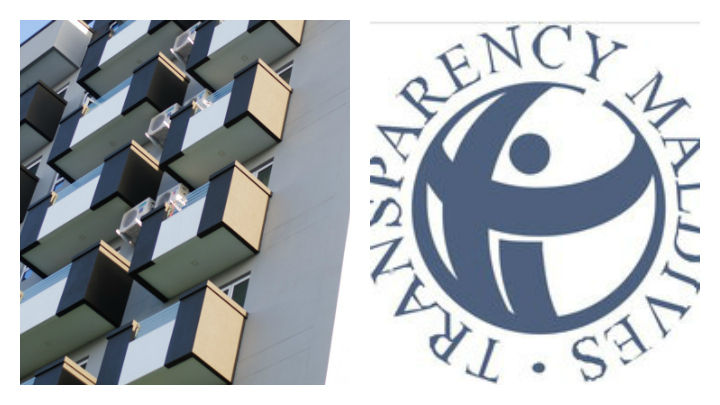Transparency Maldives call for criminalisation of Illicit enrichment
The United Nations Convention Against Corruption (UNCAC) – which the Maldives acceded to in 2007 – defines illicit enrichment as a “significant increase in the assets of a public official that he or she cannot reasonably explain in relation to his or lawful income.”

02 Jul 2015, 20:00
Ismail Humaam Hamid
A local anti-corruption NGO has called for the criminalisation of illicit enrichment to effectively address the problem of high-level corruption in the Maldives.
Speaking at a press conference today, Transparency Maldives’ (TM) project coordinator Fazla Abdul Samad said that a comprehensive asset declaration system should also be put in place in order to identify and prosecute cases of illicit enrichment.
The United Nations Convention Against Corruption (UNCAC) – which the Maldives acceded to in 2007 – defines illicit enrichment as a “significant increase in the assets of a public official that he or she cannot reasonably explain in relation to his or lawful income.”
“As a signatory state to the UNCAC, the Maldives is recommended to criminalise illicit enrichment as an anti-corruption measure,” said TM.
Become a member
Get full access to our archive and personalise your experience.
Already a member?
Discussion
No comments yet. Be the first to share your thoughts!
No comments yet. Be the first to join the conversation!
Join the Conversation
Sign in to share your thoughts under an alias and take part in the discussion. Independent journalism thrives on open, respectful debate — your voice matters.




